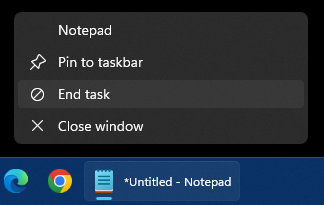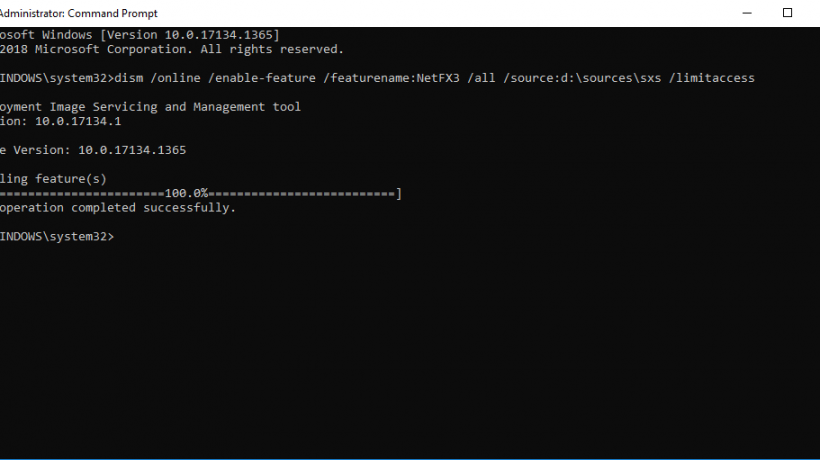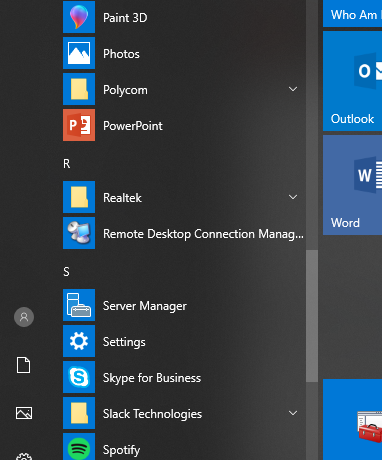Microsoft has announced that it is moving away from the Xbox Live Gold Family Pack and going back to individual accounts. They do have a new Home Gold feature that allows anyone in your home to use the Xbox One for all Gold features. For those currently using the Family Pack, you will get an additional 3 months free on each account, which is nice.
Now, it’s time for my naysayer comments – Although the benefits are nice, this is great for those with a single console in the home or are upgrading to the Xbox One. My kids will still want individual accounts to play their games on separate machines (Minecraft, mostly). I haven’t seen the details of the new Xbox Live changes, but I don’t want to pay $60 a year times 3 for all three of us to play together at the same time. For a single console, it’s great. I only have to worry about the single cost, which would be less.
I’m hoping that the Gold membership works across all profiles on that machine for multiplayer, regardless of who has the membership (me, as PC509, would be the owner and Gold holder, but my kids could log in under their profile and still play multiplayer). It sounds like that is the case, so I’m probably good there.
But, Home Gold is only on the Xbox One. So, I would still need multiple Gold accounts on my older Xbox 360 systems. Not sure if this is the case or if it’s going to be something different, but that’s what I’m reading from the announcement. I’m upgrading to the One, but the kids will continue to use the 360 for at least another year or so. We’ll see on this one. It could be completely different.
A lot of good stuff coming from the changes, but I always look at the whole package before I decide. I think the pros will definitely overcome the cons.

Xbox Live Gold Family Pack Conversion to Individual Memberships


As a valued Xbox Live Gold member, we’d like to thank you and your family for being part of the Gold community.
We continually evaluate our offerings and are always working to provide services that best meet the needs of our customers.



- Starting August 27, 2013, we will be converting each activated account on your Gold Family Pack to an individual Xbox Live Gold membership to prepare for new upcoming features on Xbox Live Gold. Rest assured, each individual membership will work on both Xbox 360 and Xbox One.
- Through the new Home Gold feature on Xbox One, a single Xbox Live Gold membership will allow anyone in your home to enjoy many Gold features like multiplayer, access to Gold entertainment apps, and more on your Xbox One.*
- As a bonus, we will give each converted individual Xbox Live Gold membership from your Gold Family Pack an extra 3 months of Gold (in addition to the time remaining on your membership term).**
- Before your memberships convert, you can still add family members to your Xbox Live Gold Family Pack, for a total of up to four accounts. However, any unassigned secondary accounts will no longer be accessible after your conversion. Please be sure to update your secondary accounts here.
After your memberships convert, the only Gold Family Pack features that will no longer be available are activity monitoring reports and Microsoft Points allowances. Activity monitoring reports will deactivate at the time of Gold Family Pack conversion, whereas the Microsoft Points allowance feature will no longer be available after the next Xbox 360 system update. Xbox Live family settings, including parental controls for what your kids can access and play on or offline, will still be available.
More Info >>




We hope you enjoy your 3 bonus months of Xbox Live Gold and continue to benefit from your Xbox Live Gold memberships on Xbox 360 and Xbox One.
Sincerely,
The Xbox Live Team



